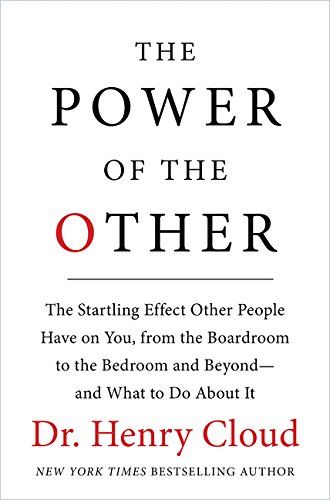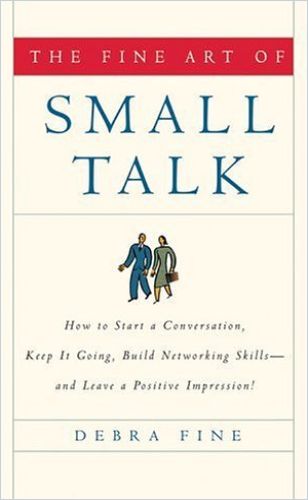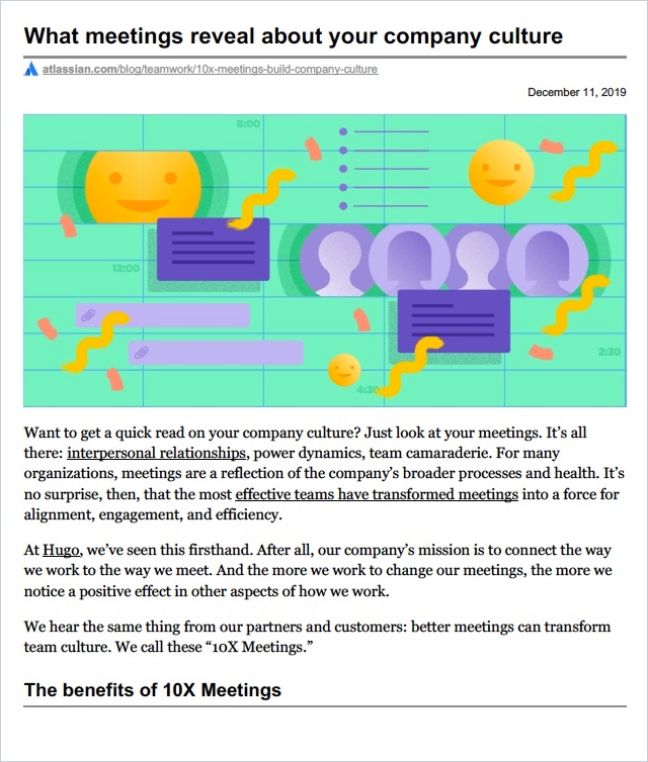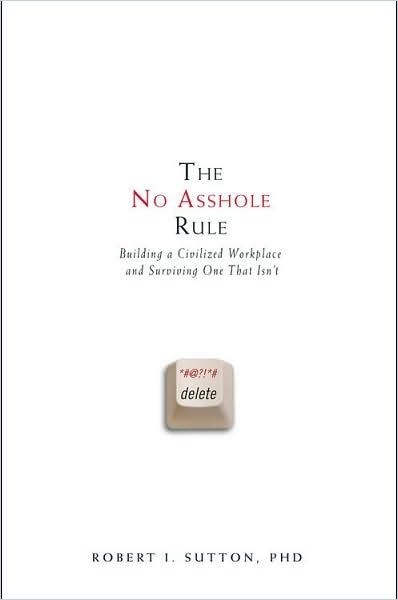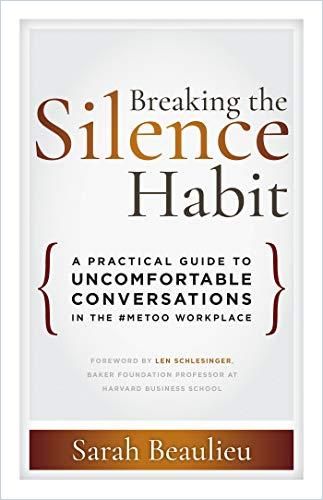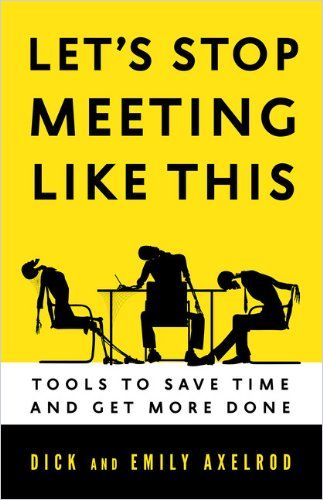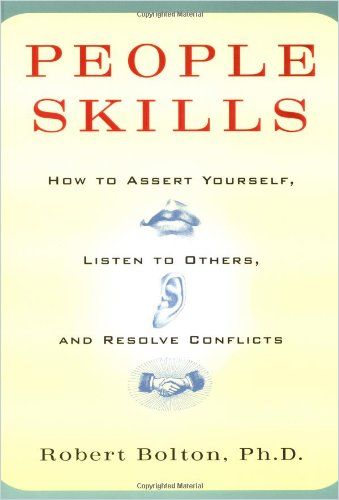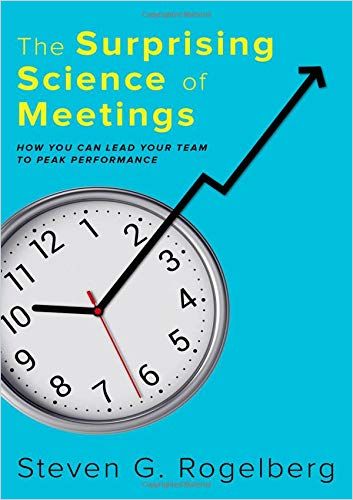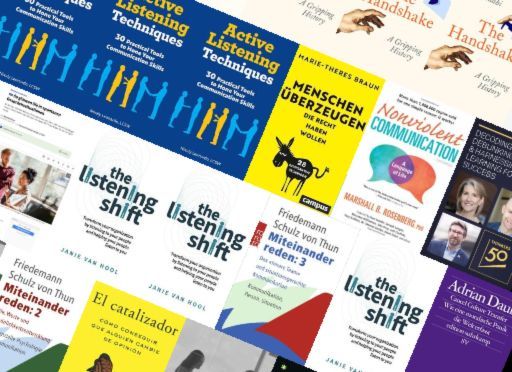Rough Landings

We all have legitimate hopes for an end to the state of emergency that accompanied the COVID-19 pandemic. But now that many companies are ordering their employees out of the home office and back into the office, this is causing headaches: Many employees no longer know how to interact with each other, what to say, or how to say it, now that they are physically present again.
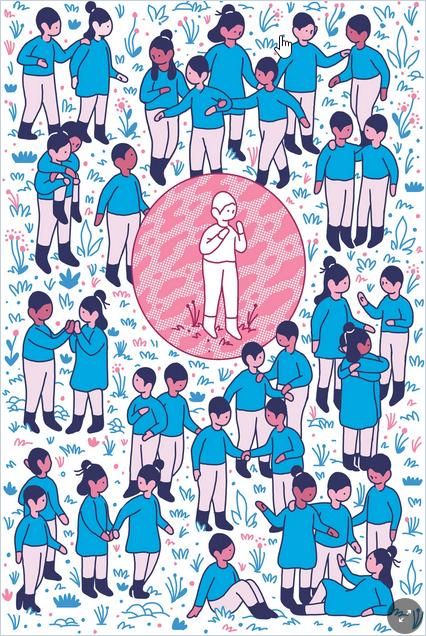
An Adult’s Guide to Social Skills, for Those Who Were Never Taught
The New York Times Read SummaryInteraction starts with small talk, which is harder to get off the ground now and suddenly seems embarrassing, even for Americans. But skipping small talk can have important consequences:
Discussions escalate much more often because the virtually indispensable practice of letting people talk things out is no longer practiced in the conference room.
Teams that had functioned well “remotely” fall apart on site because colleagues consistently take the wrong tone – a problem when you have to put up with those people in close proximity for eight hours a day.
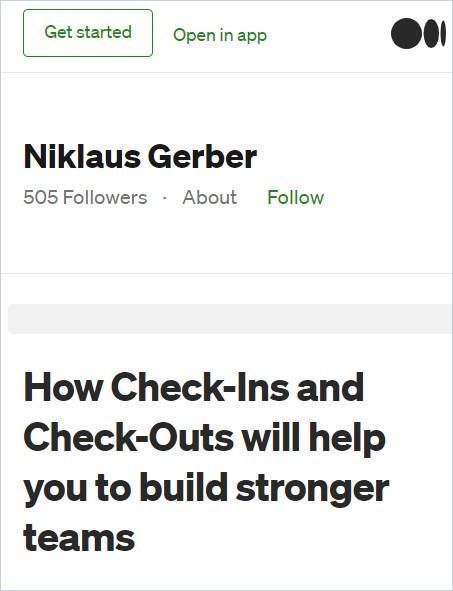
How Check-Ins and Check-Outs Will Help You to Build Stronger Teams
Medium Read SummaryThe last year and a half has changed us to the core: Although we had to improvise constantly, many of us have forgotten how to improvise in direct interaction.
The ability to withstand criticism, to balance different attitudes and types, in short to demonstrate composure – for many, this has been forgotten.
The boundaries of the physical have also shifted: In the next few weeks, a pat on the back from the boss will be interpreted even more jovially than before. And hugs at reunions are now serious assaults for some of us.
The pandemic was a great equalizer, as hierarchies were relegated to a subordinate role in video chats with the pixelated boss in sweatpants. That was nice, but now it reveals a darker side: Our view of the world resembled that of a flightless woodpecker in its hole. Shielded, less vulnerable, surrounded only by our own four walls and loved ones.
It will take time for us to settle into this “new normal” in often hybrid workplaces, and for the problem to solve itself. But until that time comes, the first walk through the office door will not be another “learning to fly” for many, but a leap into ice-cold water.
